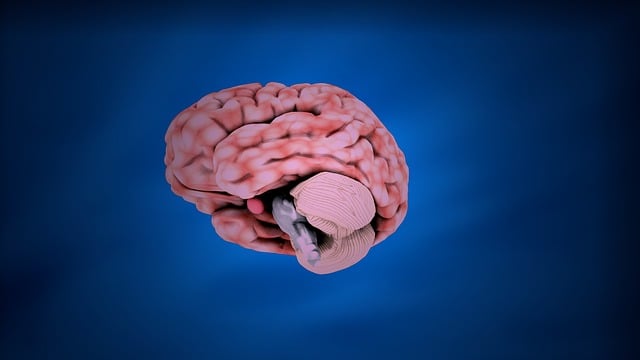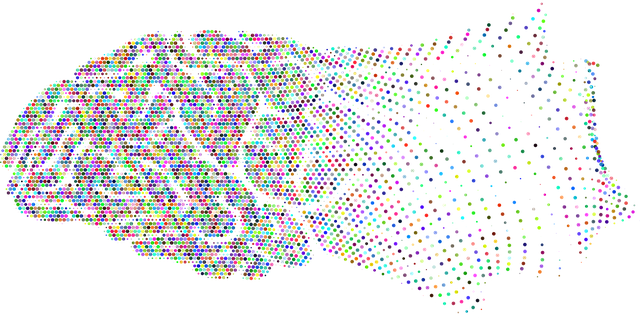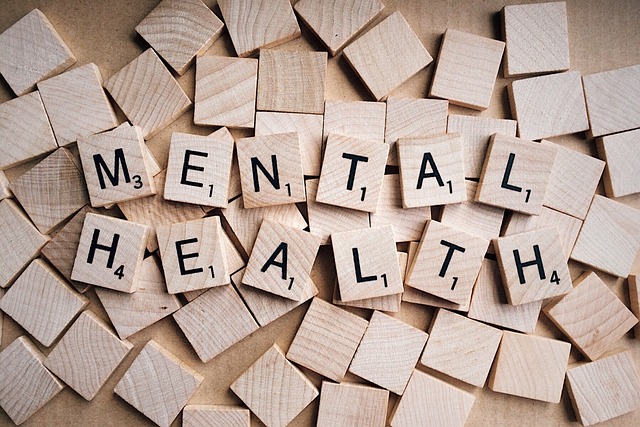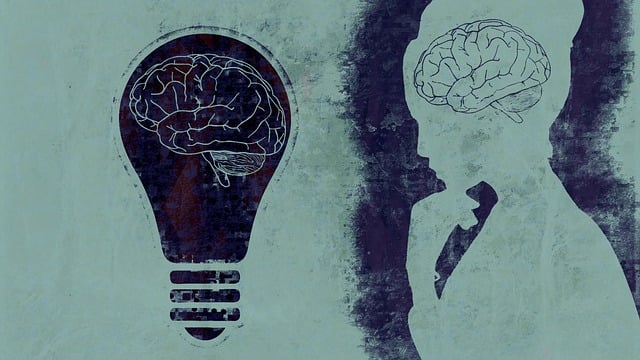Public awareness campaigns targeting therapy for young children stress management are crucial in addressing academic pressures and social interactions that can lead to anxiety, depression, and other mental health issues. These initiatives educate parents, caregivers, and educators on recognizing and managing child stress through play-based therapy, self-care practices, and tailored mindfulness exercises. By fostering open discussions on mental wellness and promoting emotional regulation skills from an early age, these campaigns aim to empower adults to create supportive environments that build resilience in children, ensuring better overall well-being.
Public awareness campaigns play a pivotal role in addressing pressing issues like stress management among young children. This article delves into three key components: understanding the unique challenges of childhood stress, crafting compelling public awareness campaigns tailored to stress mitigation, and implementing evidence-based therapy approaches proven effective for young children’s emotional well-being. By exploring these aspects, we aim to equip parents, caregivers, and educators with valuable insights for fostering resilient and healthy minds.
- Understanding Young Children's Stress: Unveiling the Challenges
- Crafting Effective Public Awareness Campaigns for Stress Management
- Implementing and Measuring Success: A Therapy Approach for Young Children
Understanding Young Children's Stress: Unveiling the Challenges

Young children, despite their innocence and playfulness, are not immune to stress. In today’s fast-paced world, they encounter various challenges that can significantly impact their mental well-being. From academic pressures to social interactions, every aspect of a child’s life has the potential to trigger stress responses at an early age. Unaddressed, these stressors can lead to more profound issues like anxiety, depression, and even behavioural problems.
The development of public awareness campaigns aimed at therapy for young children’s stress management is crucial. These initiatives should focus on educating parents, caregivers, and educators about the subtle signs of stress in kids. By promoting self-care practices and coping skills development, these campaigns can empower adults to create supportive environments that foster resilience in children. Additionally, depression prevention strategies tailored for younger audiences will play a significant role in ensuring children have the tools to navigate their emotions healthily.
Crafting Effective Public Awareness Campaigns for Stress Management

Public awareness campaigns play a pivotal role in promoting stress management, especially among vulnerable populations like young children. Crafting effective campaigns involves understanding the unique challenges they face and tailoring strategies accordingly. Therapy for young children often centers around play-based approaches, making creative campaign designs essential to capture their attention. Incorporating simple yet engaging activities related to emotional regulation can be a powerful tool. For instance, encouraging journaling as a means of self-expression and stress relief can help children develop mental wellness skills early on.
Cultural sensitivity in mental healthcare practice is also crucial for successful awareness campaigns. Recognizing diverse communities’ unique stressors and tailoring guidance accordingly ensures inclusivity. Exercise, when presented with cultural relevance, can be a game-changer in promoting emotional well-being. By offering practical solutions like mindfulness exercises tailored to specific cultural contexts, these campaigns can foster open conversations about stress management, enabling better access to mental wellness resources for all.
Implementing and Measuring Success: A Therapy Approach for Young Children

Implementing public awareness campaigns for therapy approaches tailored to young children is a powerful strategy to foster mental well-being early in life. These campaigns aim to educate parents, caregivers, and educators about the importance of stress management and emotional regulation for kids. By focusing on building inner strength development, the initiative promotes healthy coping mechanisms and anxiety relief.
Success in these campaigns can be measured by tracking improvements in children’s emotional intelligence, reduced levels of stress, and better overall mental health. This involves utilizing specific tools and assessments designed to evaluate anxiety relief, emotional regulation, and inner strength development. Such data-driven approaches ensure that the therapy initiatives are effective and adaptable, continually improving their impact on young children’s well-being.
Public awareness campaigns play a pivotal role in addressing young children’s stress, offering valuable knowledge and support. By understanding the unique challenges faced by children, we can craft targeted initiatives that promote effective stress management. Implementing these campaigns with a therapy-focused approach ensures positive outcomes, empowering both children and their caregivers to navigate and mitigate stress. This holistic strategy, centered around therapy for young children stress management, holds the key to fostering healthier, more resilient minds.














